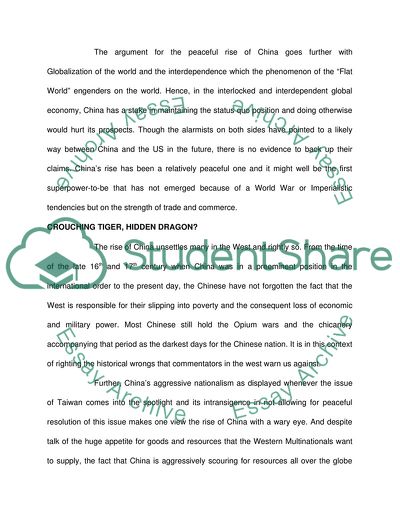Cite this document
(International Relationship of East Asian Assignment, n.d.)
International Relationship of East Asian Assignment. https://studentshare.org/politics/1733299-international-relationship-of-east-asian
International Relationship of East Asian Assignment. https://studentshare.org/politics/1733299-international-relationship-of-east-asian
(International Relationship of East Asian Assignment)
International Relationship of East Asian Assignment. https://studentshare.org/politics/1733299-international-relationship-of-east-asian.
International Relationship of East Asian Assignment. https://studentshare.org/politics/1733299-international-relationship-of-east-asian.
“International Relationship of East Asian Assignment”. https://studentshare.org/politics/1733299-international-relationship-of-east-asian.


